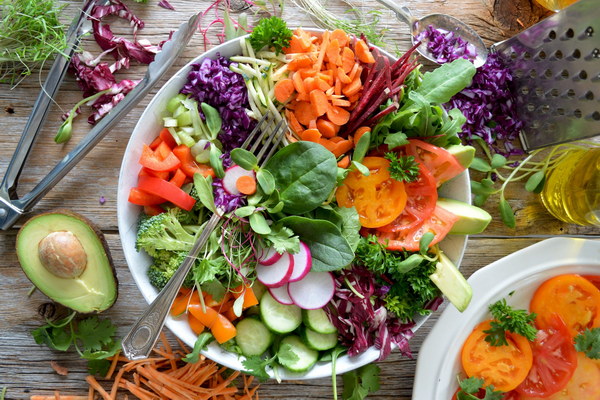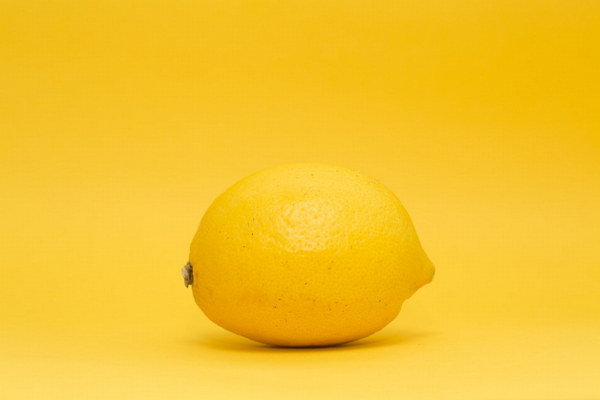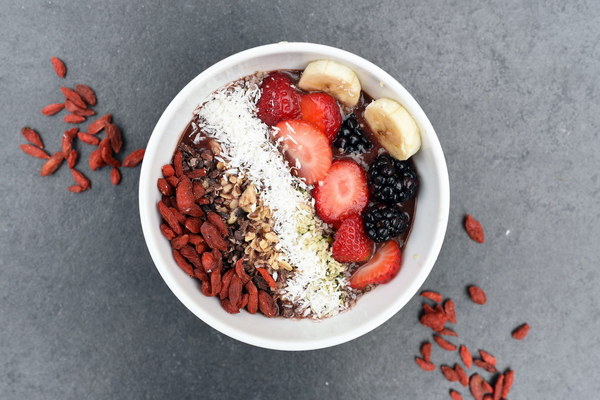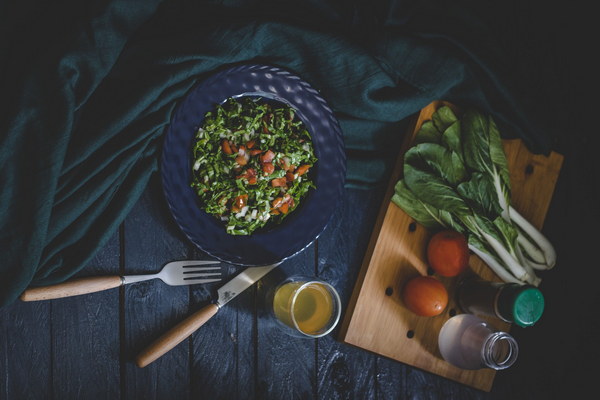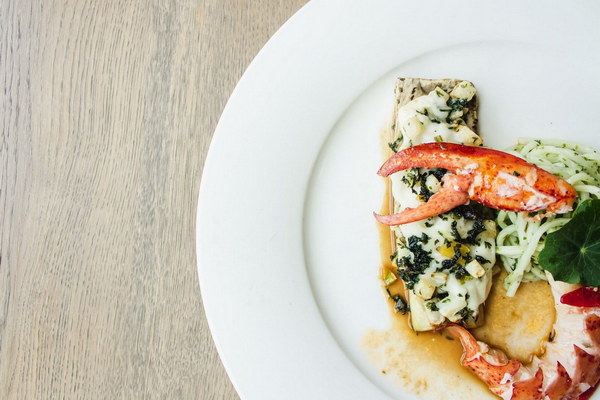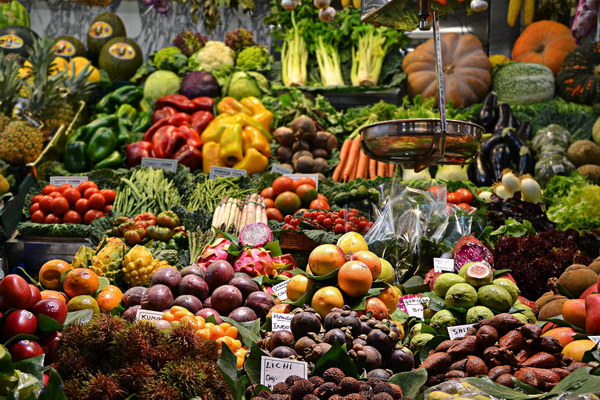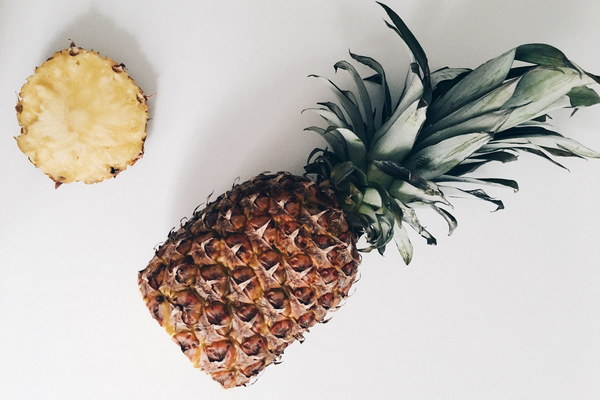Does Astragalus Have Anti-Aging Properties
In the realm of natural remedies and holistic health, the use of traditional herbs has been gaining significant attention. One such herb that has piqued the interest of both researchers and consumers alike is Astragalus, commonly known as Huang Qi in Chinese medicine. But does Astragalus have anti-aging properties? Let's delve into the science and folklore surrounding this remarkable plant.
Astragalus, a member of the legume family, is native to China, Mongolia, and Russia. It has been used in traditional Chinese medicine for thousands of years for its various health benefits. The root of the plant is the most commonly used part, and it is known for its potent anti-inflammatory, antioxidant, and immune-boosting properties.
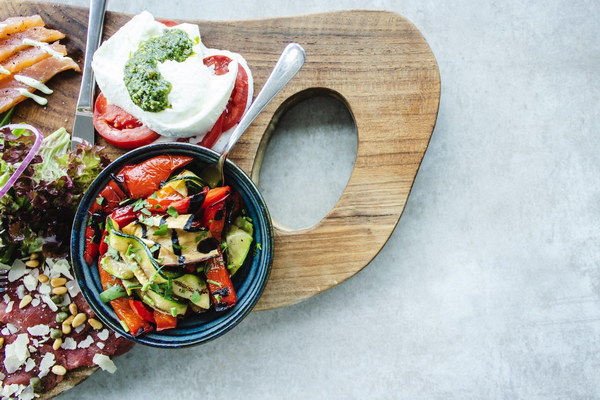
The concept of anti-aging is deeply rooted in the human desire to maintain youthful vitality and appearance. As we age, our bodies undergo various changes, including the breakdown of collagen, a protein that provides structure to our skin. Collagen loss leads to wrinkles, sagging, and other signs of aging. So, can Astragalus help slow down this aging process?
Research indicates that Astragalus may indeed possess anti-aging properties. Here are some of the reasons why:
1. Antioxidant Activity: Astragalus contains a variety of antioxidants, including flavonoids and polysaccharides, which help combat the harmful effects of free radicals. Free radicals are unstable molecules that can damage cells and contribute to aging and age-related diseases.
2. Immune System Support: A robust immune system is essential for maintaining overall health and preventing infections that can accelerate the aging process. Astragalus has been found to enhance immune function, which may help in preserving youthful vitality.
3. Collagen Production: Astragalus may help stimulate the production of collagen in the body. By promoting collagen synthesis, Astragalus could potentially slow down the appearance of wrinkles and improve skin elasticity.
4. Anti-Inflammatory Effects: Chronic inflammation is believed to play a role in the aging process. Astragalus has anti-inflammatory properties that can help reduce inflammation in the body, which may contribute to a more youthful appearance.
5. Energy and Vitality: In traditional Chinese medicine, Astragalus is used to boost energy and vitality. By supporting overall health and well-being, Astragalus may indirectly contribute to a more youthful appearance.
While the evidence for Astragalus' anti-aging benefits is promising, it's important to note that more research is needed to fully understand its effects on human aging. Clinical trials are ongoing to evaluate the efficacy of Astragalus in various anti-aging applications, such as skincare products and dietary supplements.
In the meantime, incorporating Astragalus into your daily routine can be a safe and natural way to support your health and well-being. You can find Astragalus in various forms, including teas, powders, and extracts. However, it's essential to consult with a healthcare professional before starting any new supplement regimen, especially if you have existing health conditions or are taking other medications.
In conclusion, Astragalus may offer a natural solution for those seeking to combat the signs of aging. With its potent antioxidant, immune-boosting, and anti-inflammatory properties, Astragalus has the potential to contribute to a more youthful appearance and overall well-being. As research continues to unfold, we may uncover even more benefits of this remarkable herb in the fight against aging.
